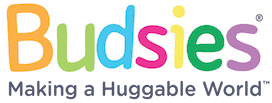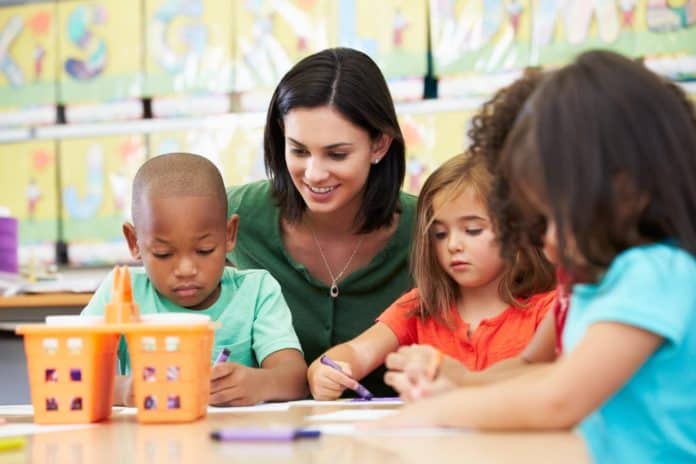We all want the best for our children, which is why when it comes to choosing a school, many parents hit a wall. Most of us growing up had very few options. Generally, the choice was between public or private, parochial or preparatory. In today’s world, school choice has exploded, and parents have more specialized education choices than ever before. But how do you decide what’s best for your child?
Public Schools
First, let’s talk about public school. Public school tends to get a bad rap, and in some places, this is definitely deserved. Public schools rely on the government for their funding, a huge problem when so much of the money is tied to achievement. Poorly performing schools, the ones who desperately need such investments, are the ones left out to dry.
This means that, in certain areas, public school is probably the worst choice for a child looking for academic excellence, though it does tend to be the most well-rounded due to curriculum regulations. So, if you’re in a situation where public school doesn’t cut it, what are your other options?
Parochial Schools
Private schools funded by a religious organization are known as parochial schools. They’re often considered to have higher educational standards than public schools and, because they’re privately funded, typically enjoy better materials, more qualified teachers, and more advanced resources. This can be a major boon in places where public school funding is abysmal, like rural areas or the inner-city. However, parochial schools will generally require students take religion classes as well; you’ll need to decide if this is right for your family beforehand.
IB
Founded in 1968, the International Baccalaureate program has earned a reputation over the years for high achievement and stringent standards. The goal of the IB program is to instill in students a desire to be a part of the global community, a laudable goal as globalization becomes the norm in an increasingly interconnected world.
IB programs are regarded highly by colleges, especially in the later years when students are eligible to earn an IB diploma. Much like Advanced Placement (AP) classes, IB classes are typically more challenging than standard curriculum. But unlike AP classes, IB focuses on more holistic education.
This is excellent for producing well-rounded learners and can even look better on a college application than AP courses. It shows students are devoted to learning all subjects, even those they’re weak in, rather than focusing on just their interests or strengths. IB programs are available from ages 3-19, split into four different programs, and are offered at special IB schools and public schools across the world.
Montessori Schools
On the other end of the learning style spectrum are Montessori schools. Here, students become the masters: much of Montessori learning is self-guided, with students choosing the subjects and using their own interests to enhance their learning. Miniapple International Montessori School states that some of the benefits of this include learning at their own pace and enjoying individualized learning experiences.
This program is great for fostering a self-driven spirit, and the broadness of curriculum covered leads to students with well-honed interdisciplinary skills. Montessori schools are also wonderful for tactile learners, as a hands-on approach is widely utilized in Montessori lessons.
Schooling is the most important aspect of your child’s life for the first 18 years. It’s where they’ll spend the majority of their time, learn most of their socialization, and gain many of their values. Therefore, picking the right school for your child is of extreme importance. Tour schools in your area, look for ratings and reviews, and conduct your own research so you’re sure you’re trusting the best place possible with your child’s education.



